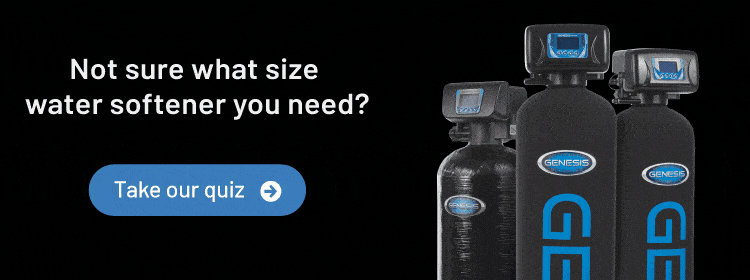How Much Do Water Softeners Cost?
Posted by Discount Water Softeners on Apr 18th 2019
Hard water is a common problem, one that all homeowners want eradicated quickly and efficiently. Traditionally, to combat this tough mineral challenge, a whole house water softener is installed. The benefits of soft water include silkier hair and skin, brighter clothing, and more effective detergents. Softened water doesn’t leave spots on glasses, crusty build-up on faucets, and soap scum in your showers the way that mineral-filled hard water does.

The cost to install a water softener varies depending on the size of your home, your family’s water usage, and the condition of your water. For homes using city water, the water department can provide a report detailing the contaminants and hardness levels of your water supply. Homeowners relying on well water can use a store-bought kit to test for pH levels, hardness, and iron content.
If hard water plagues your home, it should be treated as soon as possible. The mineral deposits in hard water accumulate and coat the surface of pipes and appliances. Over time, your home’s water flow will become restricted, and maintenance will be required to prevent blockages. Hard water scale also develops inside water heaters. The scaling prevents heat transfer to the water, resulting in higher energy usage and utility costs. Water softeners are systems designed to treat hard water. Most systems can be separated into two types: salt-based water softeners and salt-free water softeners.
Salt-Based Water Softeners
Through the process of ion exchange, salt-based systems like the Genesis High Efficiency Water Softener will remove calcium and magnesium ions from the affected hard water by replacing them with sodium ions. Inside a water softener is a mineral tank filled with thousands of resin beads. When hard water moves into the mineral tank, the resin beads attract the calcium and magnesium ions. As the hard water ions flow through the resin, they trade places with the sodium ions, resulting in softened water.
Once the water softener media is full of hard water, the system will need to regenerate. During regeneration, salt is used to create the brine that is pumped through the resin tank to clean the resin beads. The brine solution and minerals are then flushed from the resin tank and into the drain before the softening process begins again.
When rinsed free of minerals, the resin is “recharged” and can continue to attract and collect calcium and magnesium minerals. Adding salt to the softener is a necessary step in the regeneration process. Without it, a water softener is not able to produce softened water. Salt-based water softeners effectively remove hardness ions like magnesium and calcium from your drinking water.
This saves homeowners money on appliance repairs, deterioration of pipes, and detergents rendered less effective by hard water. The installation of a salt-based softener system can range from the smallest capacity unit running around $800, to upwards of $3500 for high capacity units for large households with excessive water hardness levels.
Salt-Free Water Softeners
Salt-free water softeners are not actually softeners, they are water conditioners, or de-scalers, as they have claimed condition your water instead of removing mineral ions. In the salt-based process (true water softening) hardness minerals are removed from the water. In a salt-free process, minerals are retained in the water, but their form is supposedly changed so that the minerals will not adhere to surfaces.
By forgoing the ion exchange process, salt-free water conditioners cannot be considered true water softeners, as they are not able to eliminate hardness minerals from water. While these units generate no water waste, and require less upkeep than traditional water softening equipment, a water conditioner is not able to provide softened water. With the use of a salt-free conditioner, a water test would show the same hardness grains per gallon before and after treatment.
There is no electrical valve needed on a salt-free system because the system works as a conditioner and does not capture hardness minerals, therefore eliminating the need to purge them. While a salt-free conditioner will save money on salt and electricity, these units require frequent filter replacement costing homeowners hundreds of dollars each year. The initial cost of a salt-free water conditioner runs from between $300 to $4000 depending on the size of the unit.
Salt-free softeners work not by removing the calcium and magnesium, but rather claim to suspend the ions and preventing them from building up as they flow through your plumbing. However, this will not keep these hard minerals from settling where water sits still--such as in a hot water tank. Additionally, after treatment with a conditioning system, water that is left to dry on a surface will still leave evaporative deposits behind.
Water Softener Costs
While the cost to install a good water softening system may sound steep, averaging around $1000 for a typical household, the price you pay when you allow hard water to infiltrate your home, is much steeper. Hard water is potentially disastrous for plumbing systems as well as any water-using appliances, from the smallest, like coffee makers, to big-ticket items like washing machines, dishwashers, and water heaters.
Water just feels better when it’s softened. It feels good on your skin, and it helps soap and detergents to clean and lather better. Hard water makes washing clothes more difficult and turns bright clothing into dull grays. Even if you can live with those inconveniences, hard water isn’t safe for your home. Clogged plumbing and appliance replacement isn’t cheap.
Salt-based ion exchange water softening systems are the most reliable and affordable type of water softeners available. While it may sound desirable to avoid the use of salt, salt-free systems can only mask the damage that hard water eventually causes. Salt-based water softening systems will pay for themselves time and time again.
So when you’re frustrated that your appliances don’t stand the test of time, it may not be that “They just don’t make ‘em like the used to.” In many cases, the problem is hard water, and there is something you can do to ensure your home appliances have a nice, long life.


